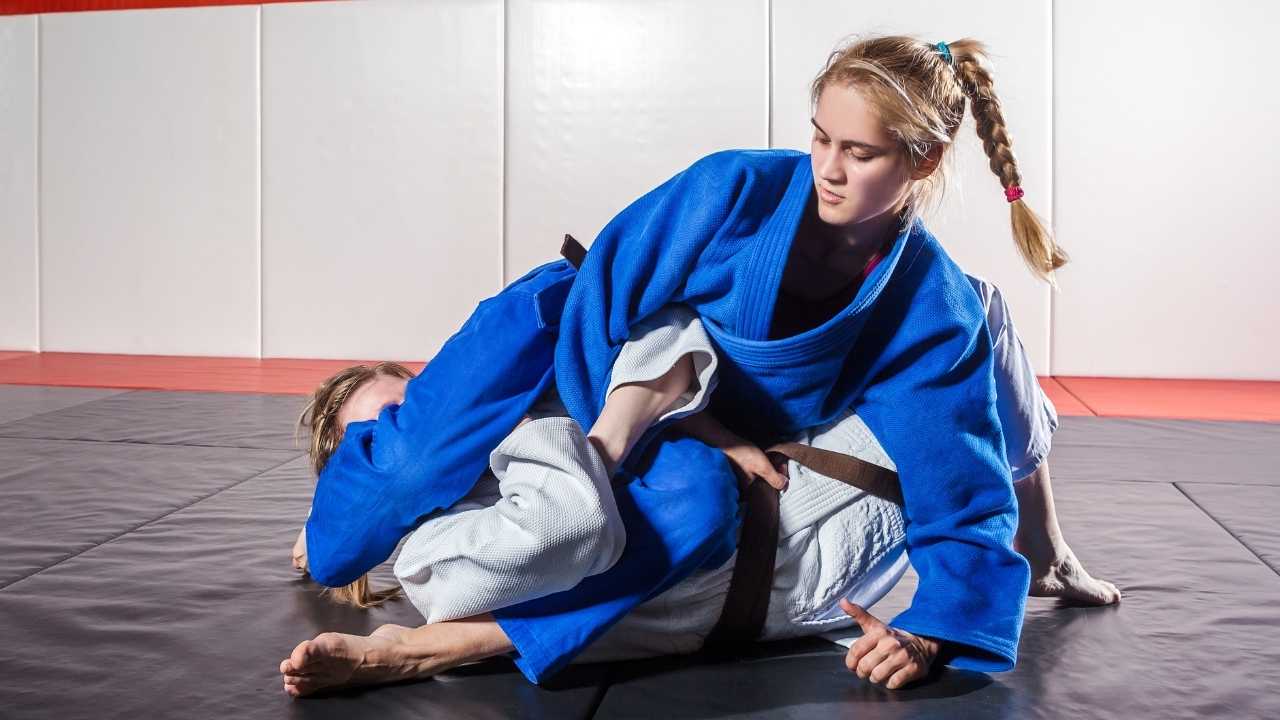In the world of Brazilian Jiu-Jitsu (BJJ), safety is paramount, and protecting your teeth and mouth is a crucial aspect of this. BJJ is a combat sport that involves close-quarters grappling and submissions, making the mouth susceptible to injury. To safeguard your oral health during training and competitions, selecting the best BJJ mouthguard is essential. This comprehensive guide will help you make an informed choice to ensure your safety on the mat.
- Custom-Fit vs. Boil-and-Bite: BJJ mouthguards generally come in two types: custom-fit and boil-and-bite. Custom-fit mouthguards are professionally made to fit your teeth precisely and offer superior comfort and protection. Boil-and-bite mouthguards, on the other hand, are readily available and can be molded to your teeth after heating in hot water. While custom-fit mouthguards provide a more tailored and secure fit, boil-and-bite options can be more cost-effective.
- Protection Level: Consider the level of protection you need based on your training intensity and sparring partners. For light sparring and training, a thinner mouthguard may suffice. However, for more intense training or competition, a thicker mouthguard with additional shock absorption is advisable.

- Breathability and Comfort: Your mouthguard should allow you to breathe and communicate comfortably while training. Look for mouthguards with airflow channels that ensure you can maintain proper oxygen intake during strenuous activities. Additionally, a comfortable fit is crucial to prevent irritation during extended training sessions.
- Material and Durability: BJJ mouthguards are typically made from materials like silicone or EVA (ethylene-vinyl acetate). Silicone mouthguards are durable and provide excellent shock absorption, while EVA mouthguards are softer and comfortable to wear. Choose a mouthguard material that suits your preferences for durability and comfort.
- Retention and Security: The mouthguard should stay securely in place during training. It should have adequate retention features, such as snug-fitting edges or a tether strap, to prevent it from slipping out of your mouth during sparring.
- Hygiene and Maintenance: Proper hygiene is essential for mouthguards. Look for mouthguards that are easy to clean and maintain. Many models come with protective cases that keep them clean and free from contaminants when not in use.
- Thickness and Profile: The thickness and profile of the mouthguard can impact comfort and protection. Thicker mouthguards typically offer better protection but may be less comfortable for some users. Experiment with different thickness levels to find the right balance between protection and comfort

